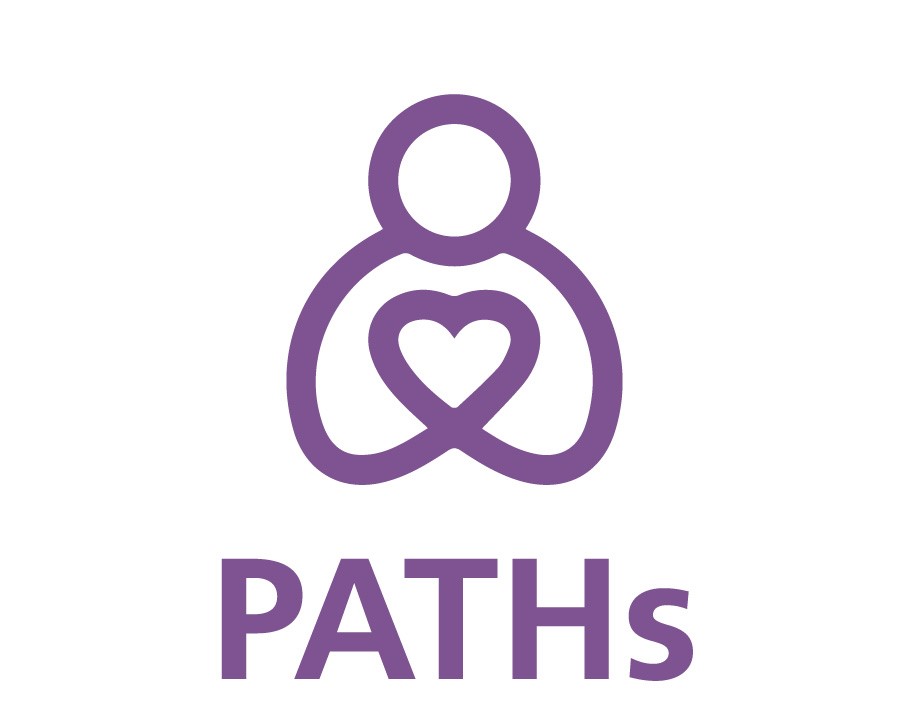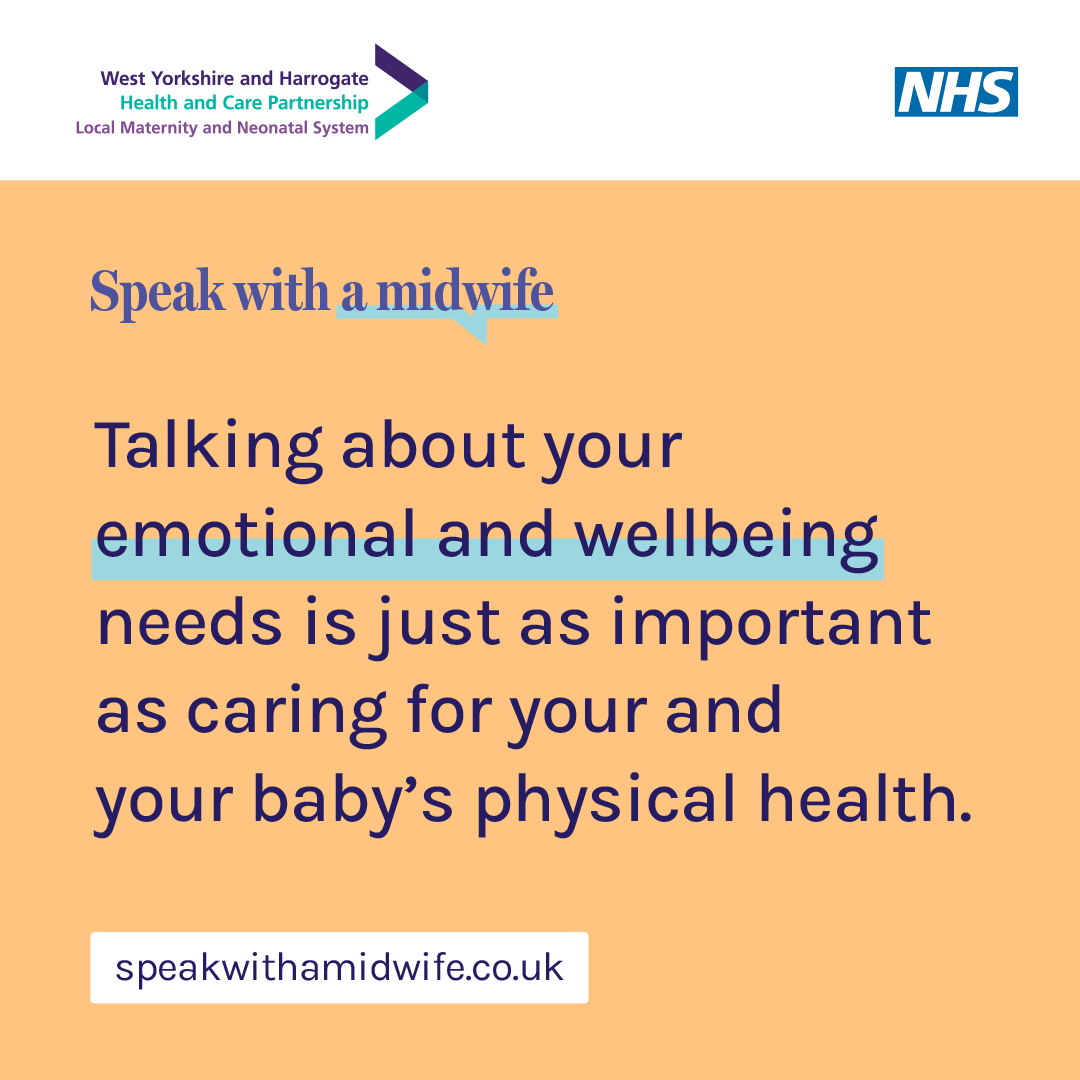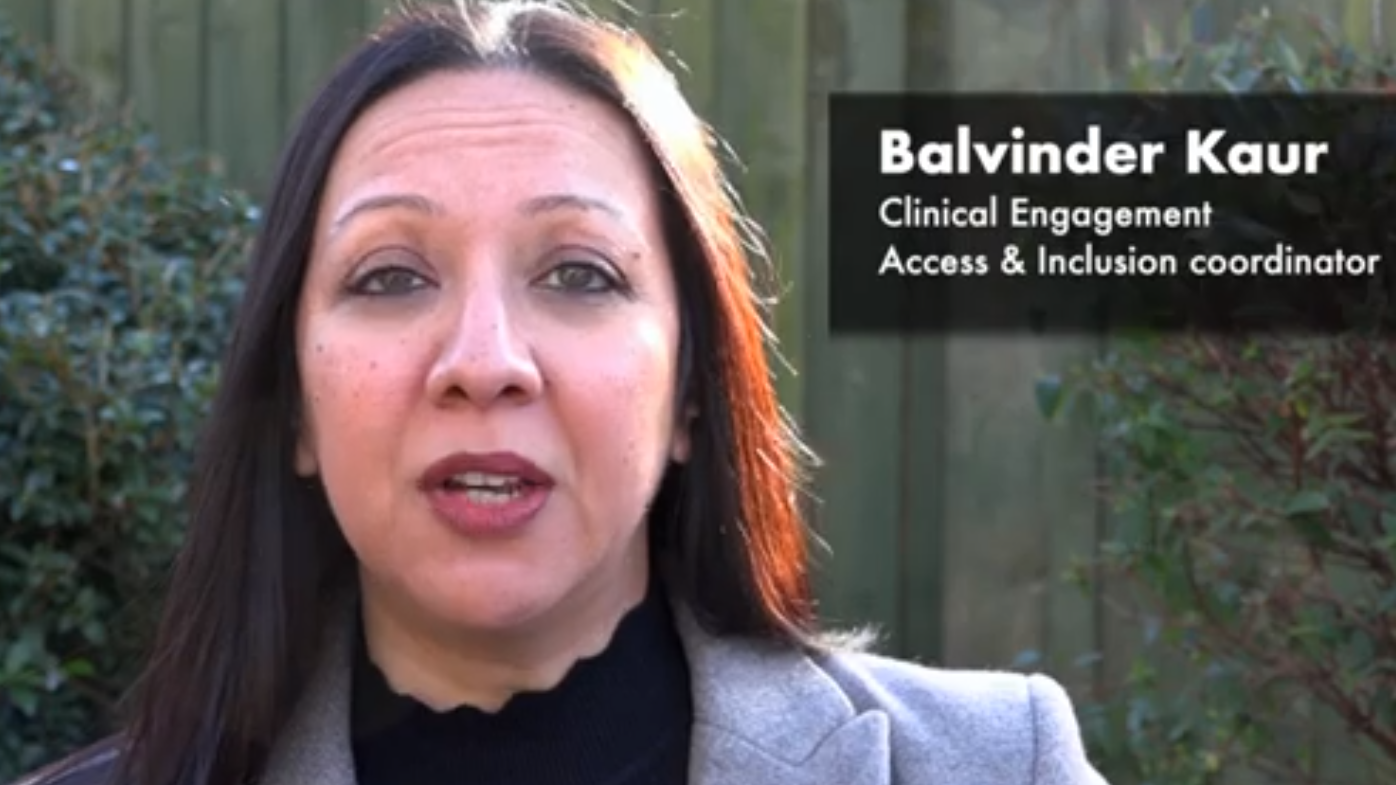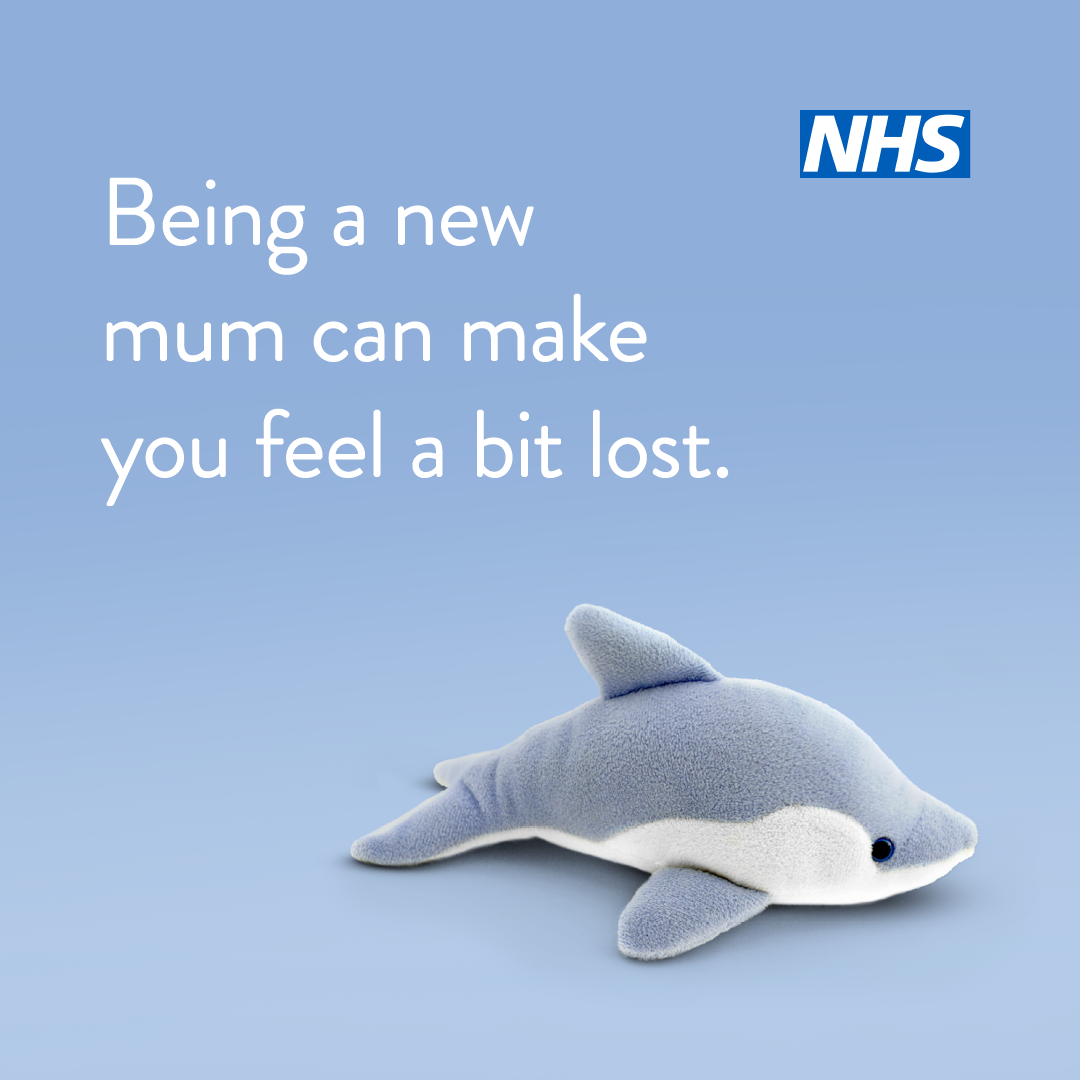Perinatal mental health (PMH) problems are those which occur during pregnancy or in the first year following the birth of a child. Perinatal mental illness affects up to 20% of new and expectant mums and covers a wide range of conditions, including anxiety, depression or more severe illness like post-partum psychosis, and without treatment can have a devastating effect on families.
Suicide is the second leading cause of maternal death and perinatal mental illness can also affect the health and wellbeing of infants and children. A sense of anxiety for new dads and/or partners is also common and fathers/partners can become depressed, particularly when the birthing parent suffers from perinatal mental health problems or where they feel unable to cope.
If left untreated, mental health issues can have significant and long-lasting effects on the woman, the child, and the wider family. Specialist PMH services provide care and treatment for women with complex mental health needs and support the developing relationship between parent and baby. They also offer women and birthing people with mental health needs advice for planning a pregnancy.
The NHS Five Year Forward View for Mental Health set out how people in England with moderate/complex to severe PMH difficulties should be able to access care and support in the community, and our work in West Yorkshire is part of that commitment. There is an access target that our services must work to and this continues to be a high priority for 2024/25.
New - Perinatal Mental Health Provider Collaborative
The Yorkshire and Humber Perinatal Mental Health Provider Collaborative is working to improve perinatal mental health care across the region. The Yorkshire and Humber Mother and Baby Unit, which is based in Leeds, is expanding its bed base from 8 to 14 beds over the coming months, significantly improving access to the Mother and Baby Unit, meaning that women will be able to receive care closer to home rather than travel to a unit that is away from the Yorkshire and Humber area.
Women with lived experience of perinatal mental health difficulties will play an important role in supporting and influencing decisions made by the collaborative to improve patient care.
This 'coproduction' approach will help reduce health inequalities, improve links with community services, and ensure we're making the best use of inpatient beds whilst reducing the need to place patients outside the region.
We’re looking for women with lived experience to join our co-production group. This is vital in helping us shape better, more inclusive care for women and families across Yorkshire and Humber.
Contact Roger Mumby, Yorkshire and Humber Perinatal Mental Health Provider Collaborative Lead, at r.mumby@nhs.net .
Find out more about the work of this Collaborative here.
West Yorkshire Maternal Mental Health service
The NHS Long Term Plan set out a commitment to develop and implement maternal mental health services (previously referred to Maternity Outreach clinics) for women experiencing moderate to severe of complex mental health difficulties directly arising from, or related to, their maternity experience. Within West Yorkshire, we are developing one service that will be available to all our five places. South West Yorkshire Partnership Foundation Trust is the lead provider for this service.

Support for birth trauma or baby loss – Paths service for GP and health professional referrals
The West Yorkshire Paths service is a psychology and midwifery led service that aims to meet the needs of women and birthing parents with moderate to severe mental health issues as a result of birth trauma, baby loss or severe fear of pregnancy or birth (tokophobia). The service opened for referrals from professionals from 1 July 2024. The service is working with seldom heard communities to reduce potential barriers to accessing support.
The service offers:
- Evidence based psychological therapies including Eye Movement Desensitisation and Reprocessing (EMDR) and Cognitive Behavioural Therapy (CBT) alongside 1:1 and group sessions
- Mental health birth plans. These will help the person to communicate their needs within the wider maternity system
- Consultation, staff support and training as a resource to wider partner organisations around the person.
The Paths service recently co-produced an Inclusion Toolkit and mothers from across many communities contributed their lived experience. Their insight has been invaluable in highlighting the importance of recognising family values and cultural traditions within the perinatal period.
Contact the service:
DadPad
Developed with the NHS, DadPad© is described by its developers as “The Essential Guide for New Dads”. DadPad© assists health professionals to engage and build relationships with new dads and dads-to-be.

It aims to give new dads and dads-to-be the knowledge and practical skills necessary to support themselves and their partner, so that babies get the best possible start in life. DadPad© provides dad with the practical skills and information that he needs, which helps him become more confident in his new role - to not only feel included and involved as a parent, but also to become an engaged and active co-parent alongside baby’s mum.
Now recommissioned until May 2025 and updated with a new Co-ParentPad booklet, DadPad©, offers two ways for people to find and use the information in it. The free mobile app West Yorkshire version was downloaded more than 700 times in Q4 2023, and more than 1400 downloads of the local area versions in the same period.
The app covers:
- Topics - ‘useful advice on caring for your new baby as well as looking after yourself and the family’.
- In my area - ‘Find the latest information, news and links for the services in your local area’.
- My questions - ‘A place to save the questions you have about caring for your new baby’
A hard copy booklet is available from midwives and maternity services in trusts and some family hubs across West Yorkshire. The booklet /hardcopy is not area specific, however, it has been updated and the new copies have been distributed. The CoParentPad© is also now available in booklet form and both are available on request by emailing hello@thedadpad.co.uk.
These animations provide more information for professional and clinical colleagues about the DadPad© and about the Co-ParentPad or find out more and view DadPad video content on YouTube.
To download the DadPad app, scan the QR code to download on your Apple, Android, or Google device.

Speak with a midwife

Speak with a midwife about mental health and emotional wellbeing – this phase of the wider Speak with a Midwife campaign focuses on maternal mental health and emotional wellbeing, encouraging people who are expecting a baby to get in touch with their midwife if they feel that their mental health is worsening, or their emotional wellbeing is not as good as it could be. The campaign uses social and media and press to get the message across.
Read more here.







